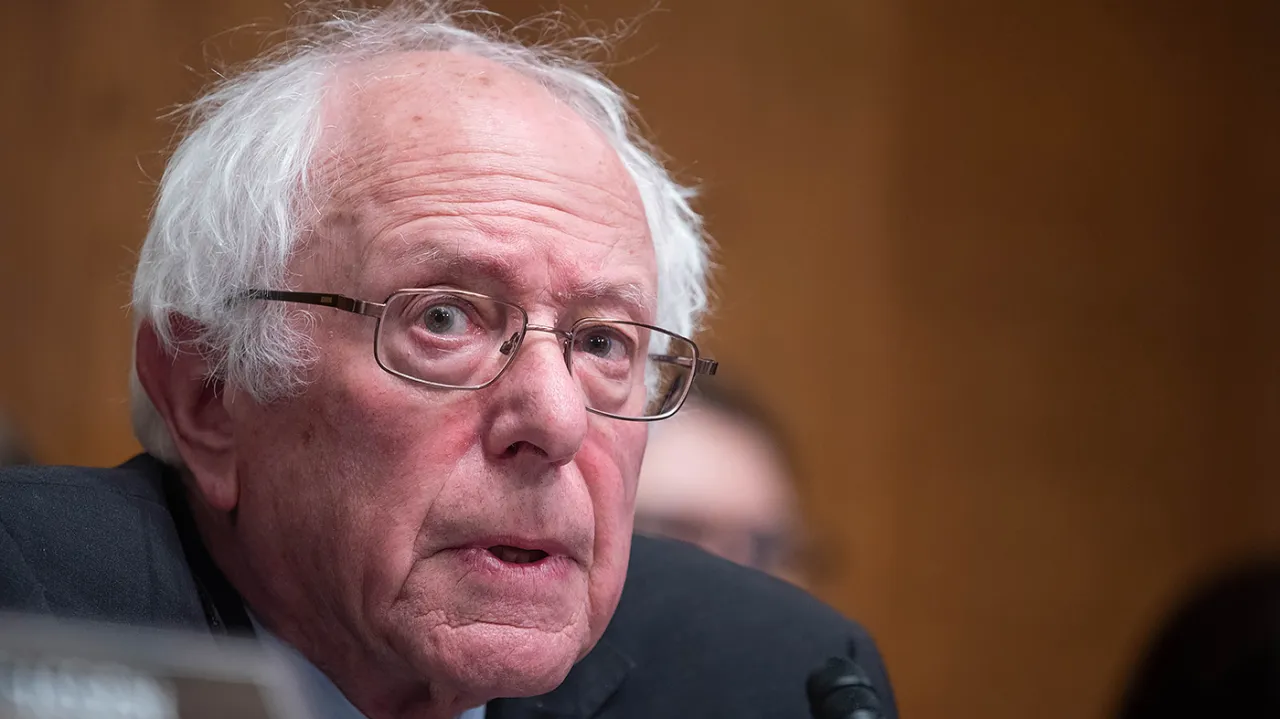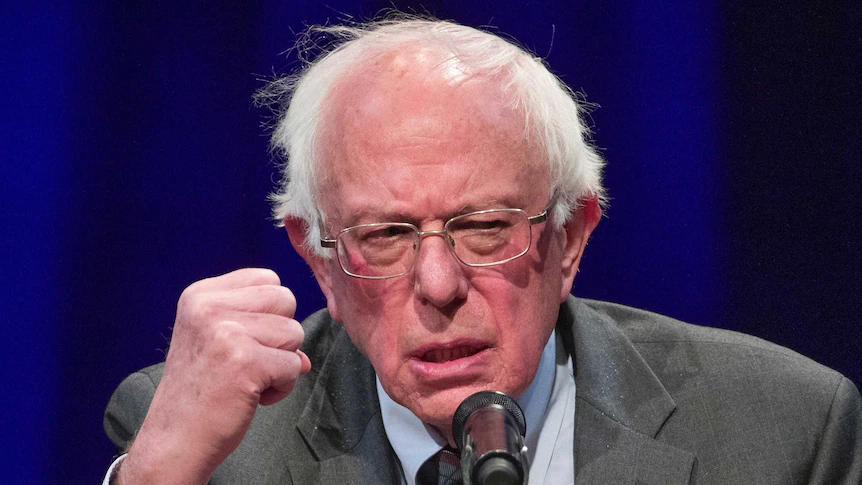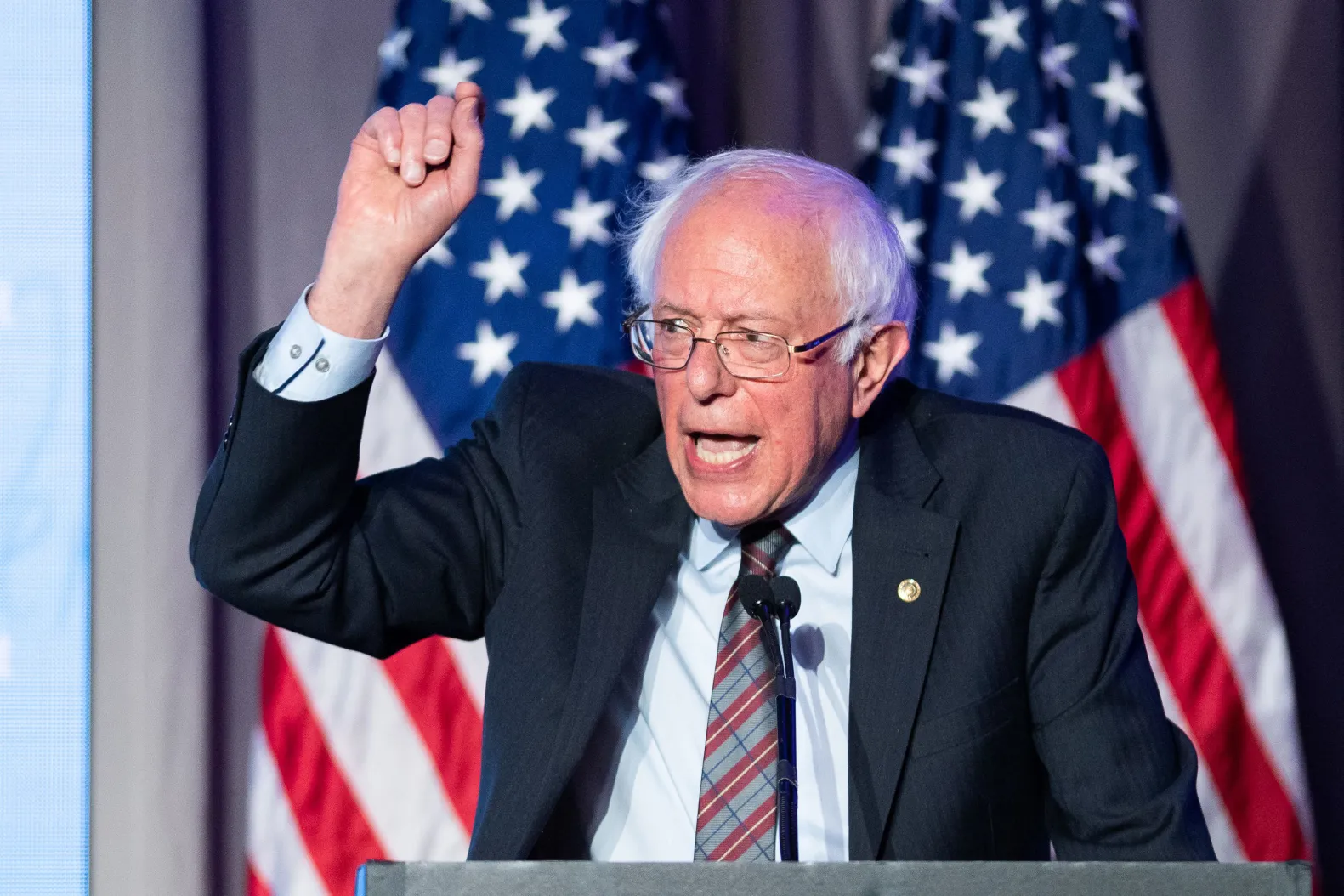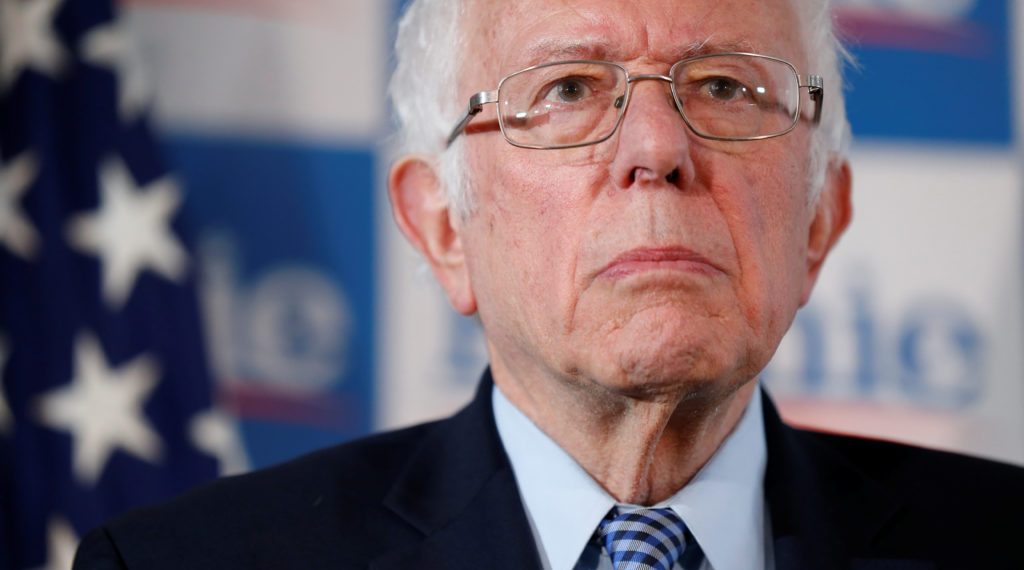Bernie Sanders is a well-known American politician with an estimated net worth of $3 million. He has served as a United States Senator for Vermont since 2007 and has run for president multiple times. His most recent financial disclosure in 2018 revealed a net worth of $1.7 million, largely earned through book royalties and advances. Over the years, Bernie has built wealth through various channels, and in 2018, his total income from book earnings and other sources reached $4.7 million.
Sanders began his political career in Vermont, where he was elected mayor of Burlington in 1981. He held this position for eight years, during which he became known for his progressive politics, focusing on affordable housing, environmental protection, and civil rights. In 1990, he transitioned to the U.S. House of Representatives, serving as an independent. Over 16 years, he championed causes that favored working-class Americans and criticized the role of money in politics. Sanders’ political influence expanded when he was elected to the U.S. Senate in 2006. Throughout his tenure, he has been a vocal advocate for universal healthcare, free college education, and higher minimum wages. His presidential bids in 2016 and 2020 helped shape American politics, garnering a loyal progressive following and pushing the Democratic Party to adopt more progressive policies.

Income and Earnings Over the Years
Bernie Sanders’ income has seen significant growth in recent years, particularly after the publication of his book Our Revolution in 2016. According to his 2015 financial disclosure, he and his wife, Jane, had assets worth $750,000 and earned between $250,000 and $300,000 annually. However, in 2016 and 2017, their income skyrocketed, with book royalties contributing around $800,000 to their earnings in each of those years. The couple’s combined adjusted gross income in 2018 was $561,000, as book earnings declined to $393,000.
Before becoming a national figure, Sanders earned $33,700 per year as the mayor of Burlington from 1981 to 1989. As a U.S. Congressman from 1990 to 2005, his salary ranged from $90,000 to $140,000 annually. In the Senate, his salary has been set at $174,000 per year since 2005. As of June 2017, he estimated his net worth at $2 million, factoring in mortgages and retirement accounts.
Also Read: Paul McCartney Net Worth 2025: Music Career, Tours, and Investments
Tax Returns and Financial Disclosure
During his 2020 presidential campaign, Sanders released his tax returns dating back to 2010. The couple’s combined earnings from 2009 to 2018 totaled $4.7 million, with the following breakdown:
- 2009: $314,742
- 2010: $321,592
- 2011: $324,870
- 2012: $280,954
- 2013: $279,724
- 2014: $205,617
- 2015: $240,610
- 2016: $1,062,626
- 2017: $1,150,891
- 2018: $561,293
Real Estate Holdings
Bernie Sanders and his wife, Jane, own three properties, reflecting their financial success over the years. Their primary residence, purchased in 2009, is a four-bedroom home in Chittenden County, Vermont. They bought it for $405,000 with a mortgage of $324,000. The home, currently valued at around $440,000, spans 2,300 square feet.
In 2007, they purchased a townhouse in Washington, D.C., for $488,999, which is now worth approximately $685,000. In 2016, they bought a vacation home on Lake Champlain in Vermont for $575,000. This two-story log cabin, initially listed for $775,000, is located on a 1.1-acre property.

Early Life and Background
Bernie Sanders was born on September 8, 1941, in Brooklyn, New York City. His father, Elias, was a paint salesman who immigrated from Austria-Hungary, and his mother, Dorothy, was born in New York City. Sanders grew up in the Midwood neighborhood of Brooklyn and was raised in the Jewish faith. He attended James Madison High School, where he was the captain of the track team and ran for student body president, though he lost.
Sanders lost both of his parents at a young age, with his mother passing away at 47 when he was 19 and his father dying two years later. He attended Brooklyn College before transferring to the University of Chicago, where he earned a bachelor’s degree in political science in 1964. During his college years, Sanders was deeply involved in political activism, joining the Young People’s Socialist League and participating in movements advocating for racial equality. He also took part in sit-ins and protests against his university’s segregated housing policy. Sanders attended Martin Luther King Jr.’s “I Have a Dream” speech in Washington in 1963 and was an active anti-war activist.
Early Political Career
After graduating, Sanders returned to New York City and held various jobs before moving to Stannard, Vermont, in 1968. He continued working odd jobs, including writing articles for the alternative publication The Vermont Freeman. Sanders’ political career officially began when he ran unsuccessfully for Vermont governor and U.S. senator as the Liberty Union candidate in the 1970s. Despite finishing third in 1974, Sanders’ political fortunes improved when he won the 1981 Burlington mayoral race by just 12 votes. He served as mayor until 1989, and his tenure saw him develop a reputation for his socialist views and outspoken nature.
U.S. House of Representatives: A Political Underdog
In 1990, Sanders made an unlikely leap to the U.S. House of Representatives as an independent. In the early years, his bold and critical approach alienated some colleagues, but he became known for his advocacy on behalf of the average American. Sanders was a fierce opponent of the Patriot Act and the Iraq War. In 2005, Rolling Stone named him the “amendment king” for his ability to pass more amendments than any other congressman since 1995. Sanders represented Vermont in the House from 1991 until he transitioned to the Senate in 2007.

U.S. Senate: A Champion for Progressive Causes
Sanders entered the Senate race in 2005 after Senator Jim Jeffords announced his retirement. He defeated opponent Rich Tarrant, who spent $7 million on his campaign, winning by a significant margin. Sanders was re-elected to the Senate with 70% of the vote in 2012 and 2018. As a senator, Sanders sponsored many important bills, such as the Veterans’ Compensation Cost-of-Living Adjustment Act of 2013. He was a staunch opponent of the Wall Street bailout and voted against the Troubled Asset Relief Program (TARP). Sanders also played a crucial role in passing provisions for rural community health centers under the Affordable Care Act.
In 2017, Sanders co-sponsored the Medicare for All bill, a single-payer healthcare plan, and has long advocated for a $15 minimum wage. His positions on social issues, such as LGBTQ rights, abortion, and the death penalty, align with his liberal values. Sanders remains a vocal critic of the Trump administration, pushing for progressive reforms at every opportunity.
Presidential Campaigns: A Grassroots Movement
Bernie Sanders first announced his candidacy for the 2016 Democratic Presidential nomination on April 30, 2015. His campaign was fueled by grassroots donations, breaking fundraising records and receiving contributions from over 1.3 million people. Although Hillary Clinton won the nomination, Sanders’ campaign had a lasting impact on the political terrain. In 2019, Sanders announced his second presidential run for 2020. His campaign relied on similar grassroots support, raising millions of dollars and recruiting over a million volunteers. Sanders won the New Hampshire primary in February 2020, continuing his fight for progressive change.
Also Read: Heidi Klum Net Worth 2025: Modeling Career, TV Shows, and Business Ventures





